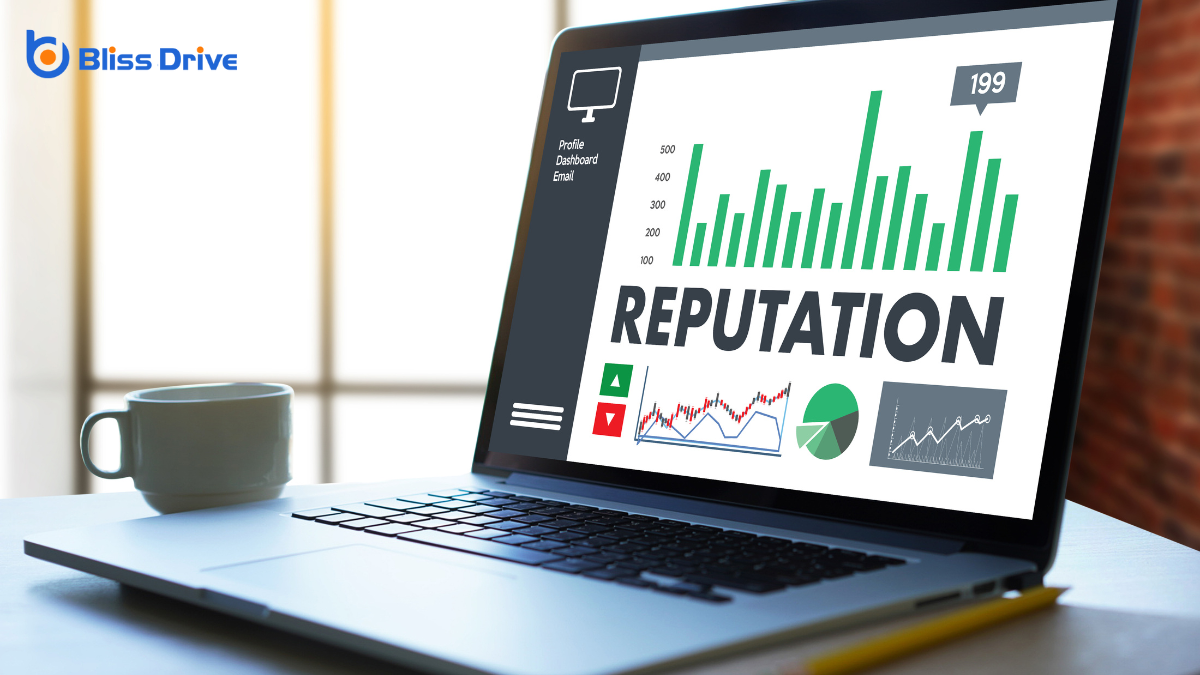Learn More About Us

I've often wondered how many reports it takes to have a Google review deleted or taken down. It's not as straightforward as one might think, and understanding the process can be quite enlightening. Each report is individually assessed, considering various factors like policy violations and reviewer credibility. So, while multiple reports might flag the review, Google's evaluation criteria ultimately decide its fate. Curious about the nuances involved? Let's explore this further.
To truly grasp Google's review policy, it's important to recognize the balance they aim to maintain between free expression and protecting businesses from unfair critique.
I've noticed that Google allows users to voice their opinions, but they also have mechanisms to guarantee reviews are genuine and respectful. They encourage honest feedback, which helps other consumers make informed choices.
However, Google doesn't permit reviews that violate its content policies, such as spamUnsolicited and irrelevant emails sent to a large number of recipients. or misleading information.
When I think about how Google handles reviews, I appreciate their efforts to keep the platform fair for both businesses and customers.
They rely on user reports and automated systems to identify problematic reviews, guaranteeing that the community remains a trustworthy space for sharing experiences.
This approach makes their review system robust yet fair.

When it comes to spotting inappropriate reviews, I've found that it’s crucial to be vigilant and discerning. Not every negative review warrants removal, but some clearly cross the line.
Look for signs of bias or conflict of interest, like reviews from competitors or disgruntled employees. Reviews with inappropriate language or personal attacks also stand out as problematic. Be wary of reviews that seem suspiciously vague or overly enthusiastic, as they might be fake.
It's also significant to evaluate the reviewer's history. Have they left multiple negative reviews across numerous businesses? This pattern might suggest malicious intent.
Genuine feedback provides specific, constructive criticism, so anything lacking substance or detail could be deemed inappropriate. By focusing on these indicators, you can better identify reviews that need addressing.
When you come across a Google review that seems inappropriate, it's essential to understand the reporting process.
Familiarize yourself with Google's review guidelines to guarantee the review truly violates their policies.
I'll walk you through the steps to report it effectively, so you can address any issues swiftly.
While traversing the digital landscape, understanding the steps to report a Google review can empower you to maintain a fair online presence.
First, navigate to Google Maps and find your business. Click on the reviews section and locate the specific review you want to report.
Next, click the three vertical dots next to the review and select "Flag as inappropriate." You’ll then be prompted to choose a reason for reporting. Select the most fitting option and submit.
This process sends a notification to Google, alerting them to review the flagged content.
It's important to remember that Google may take time to assess the report, and there's no immediate guarantee of removal. Patience and persistence can be your allies in this process.
To confirm your Google reviews align with community standards, it’s vital to familiarize yourself with Google's review guidelines. These guidelines guarantee that reviews are helpful, relevant, and respectful.
I always start by checking if a review violates any rules, like containing inappropriate content, promoting a competitor, or being off-topic.
If you find a review that breaches these guidelines, you can report it. First, locate the review on Google Maps or the search engine, click on the three vertical dots next to it, and select “Report review.”
It’s important to provide specific reasons when reporting. This clarity helps Google assess the situation accurately. Remember, reporting doesn’t guarantee removal, but it’s the first step toward addressing questionable content.
Although many might assume that reporting a Google review multiple times will leadA potential customer referred by an affiliate who has shown interest in the product or service but h... to its removal, the process is more nuanced and involves several factors affecting the outcome.
From my experience, the content of the review plays a significant role. Google evaluates whether it violates its policies, like containing hate speech or spam. Additionally, the credibility of the reviewer is considered. A history of suspicious activity can influence Google's decision.
Timing also matters; recent reviews may attract quicker scrutiny. Moreover, the context of the review—such as whether it's part of a review bombing campaign—can affect its removal.
Finally, Google's algorithms and human moderators work together to guarantee fair evaluations, so patience is necessary as the process unfolds.

When considering the removal of a Google review, you might think multiple reports from different users would speed up the process.
It's a logical assumption that more voices would catch Google's attention. However, the reality is a bit more nuanced.
While multiple reports can highlight an issue's seriousness, Google primarily focuses on the review's content and adherence to its guidelines rather than the number of complaints.
Each report signals to Google that something might be amiss, but the decision to delete a review isn't purely about quantity.
It's about identifying violations of their policies. So, while rallying others to report may seem like a solid strategy, remember that the review's content is key.
Patience and understanding of Google's criteria are essential.
When it comes to the timeframe for evaluating a reported Google review, you might wonder about the duration of this process.
I understand your curiosity about how long it takes for Google to assess and potentially remove a flagged review.
Let's explore the typical timeline and factors that influence the speed of their review assessment.
While we all know the frustration of spotting an unfair or inappropriate Google review, understanding the timeframe for its evaluation can be essential.
From my experience, once a review is reported, Google doesn’t provide a set timeframe for evaluation. They assess flagged content based on their guidelines, which means the duration can vary.
It may take a few days or even weeks, depending on several factors like the volume of reports they’re handling or the complexity of the review in question.
I’ve noticed that patience is key during this process. I often recommend checking your email for any updates from Google, as they’ll notify you once a decision is made.
Staying informed can ease the wait and help manage expectations.
Understanding the variability in Google's evaluation process naturally leads us to contemplate the review assessment timeline more closely. You might wonder how long it takes for Google to assess and possibly remove a review.
From my experience, the timeline can vary greatly. After reporting a review, Google's system might take a few days to several weeks to complete its evaluation. The timeframe largely depends on the complexity of the issue and the volume of reports they're handling.
Google's automated and manual review processes aim for accuracy, occasionally leading to delays. Patience is key, but if you’re concerned about a particular review, consistently checking your Google account for updates can keep you informed.
To increase the chances of successfully reporting a Google review, focus on providing clear and specific details that highlight why the review violates Google's policies.
I've found that addressing key elements makes a big difference. Here are some tips to guide you:

Even though negative reviews can feel like a personal attack, maintaining your business's reputation is essential for long-term success.
I know how frustrating it can be when a negative review pops up, but remember, it’s not just about defending your business. It's about using feedback to improve and demonstrate your commitment to customer satisfaction.
Responding professionally and promptly to reviews, whether positive or negative, shows potential customers that you care. Always address genuine concerns raised in reviews, and if necessary, report inappropriate or false reviews to Google.
Consistency in quality service and transparency can build trust over time. Regularly monitor your online presence and encourage happy customers to leave positive reviews. This balance helps maintain a strong reputation.
To sum up, steering through the process of reporting a Google review can feel intimidating, but understanding the guidelines and providing clear evidence can make a difference. Remember, it's not about how many reports are made, but the quality and validity of each report. Stay proactive in monitoring your reviews and addressing issues promptly. By doing so, you'll not only protect your business's reputation but also guarantee a fair and honest representation of your services online.
